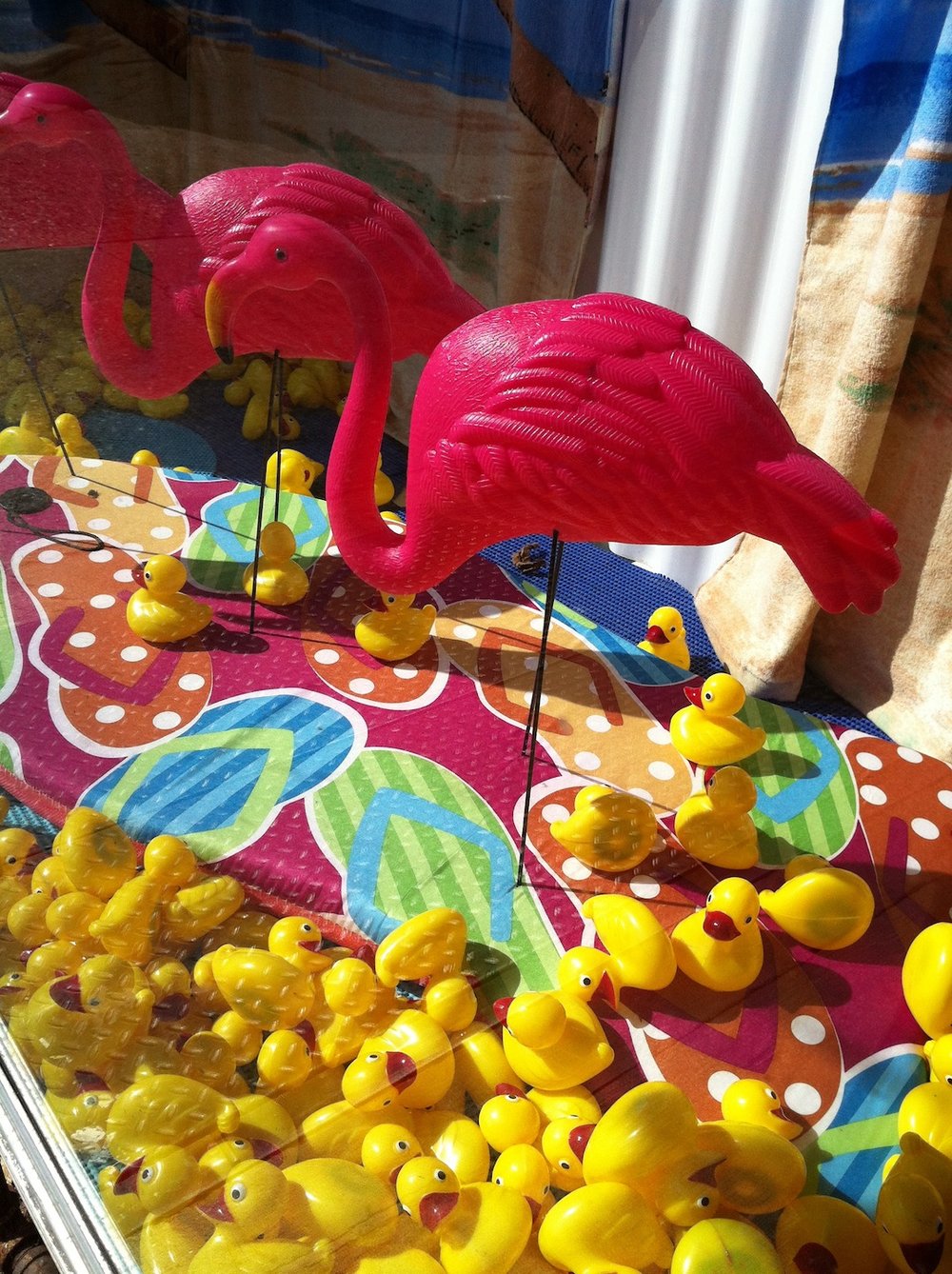
What motivates us to take action? As a professional organizer for almost 20 years, I’ve noticed certain patterns that propel people to reach out for organizing help. When I ask a potential client, “What prompted your call?” there are some typical responses. They include answers which include feeling overwhelmed, feeling stuck, and experiencing big life changes.
Let me know if any of these resonate with you. Or, are you experiencing something other than what is described?
Top 10 Reasons People Ask for Organizing Help
1.“I am overwhelmed by my clutter, lack of space, and time to manage the ‘stuff’ of life.”
Overwhelmed – This general sense of overwhelm is the most frequent reason given for enlisting organizing help.
2.“ I’d like to be organized, but I never learned the skills.”
Never Learned How – For some, organizing comes naturally, while for others it’s learned. It's never too late to start, even if organizing wasn't taught or modeled.
3.“ I want to organize, but I don’t know which organizing products are best, where to purchase them, or where to donate unwanted items.”
Need Resources – The physical part of the organizing process sometimes requires help from others. Organizers have an abundance of resources including places to donate or purchase storage containers, and contacts for other professionals such as therapists or coaches.
4.“I know what I want to accomplish, but I can’t figure out how to make that happen and what to do next.”
Next Step Paralysis – Our organizing end goal might be clear, but we're not sure what our next small step should be. This can cause procrastination and inaction. Organizers can help break large goals into smaller, doable steps.
5.“ I know how to organize, but I don’t have any time to do it.”
Time Poor – Some prefer to delegate or outsource organizing projects because their schedules are too busy to handle the work themselves.
6.“The only way I’ll get organized is if I’m accountable to someone.”
Want Accountability Partner – Establishing set appointments and follow-ups with an organizer or accountability partner can be a great motivator for completion of projects.
7.“I’m organized, but my spouse is not. It’s making me crazy, and I don’t know what to do!”
Disorganized Family Member – Frustration over family members with different organizing styles and tolerances is very common. Organizers are often enlisted to help families figure out workable solutions by staying neutral and non-judgmental.
8.“I used to be able to organize, but because of my declining health, I no longer have the strength or the energy to do this myself.”
Health Challenges – Medical challenges can cause limited mobility, loss of energy, or concentration. This is another reason people ask for organizing help.
9.“I have ADD and find it difficult to focus and stay organized. It’s been a lifelong struggle. I want to figure out systems that work for the way I think.”
Brain Differences – ADHD and other brain or learning differences can make organizing more challenging. It’s very common to enlist help from specially trained organizers or coaches. ICD is a wonderful resource for finding organizers with training in these areas.
10.“ My kids are out of the house, my parents have both passed away, and I have too many things that no longer fit my life. I need help letting go and reorganizing.”
In Transition – Before, during, or after changes such as births, moves, divorces, empty-nests, or loss of loved ones, our routines and needs shift. Organizers can be valuable partners in negotiating that new normal.
I’d love to hear from you. Do any of these seem familiar? What can you add to list? Come join our conversation.








